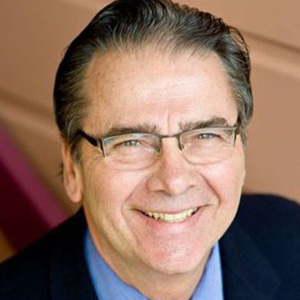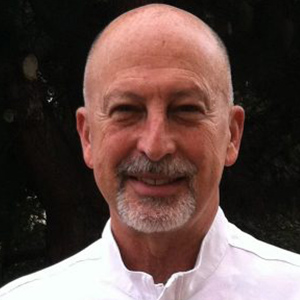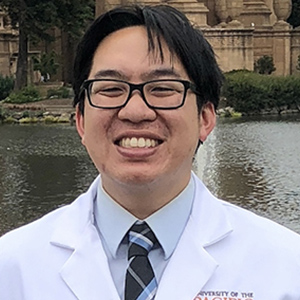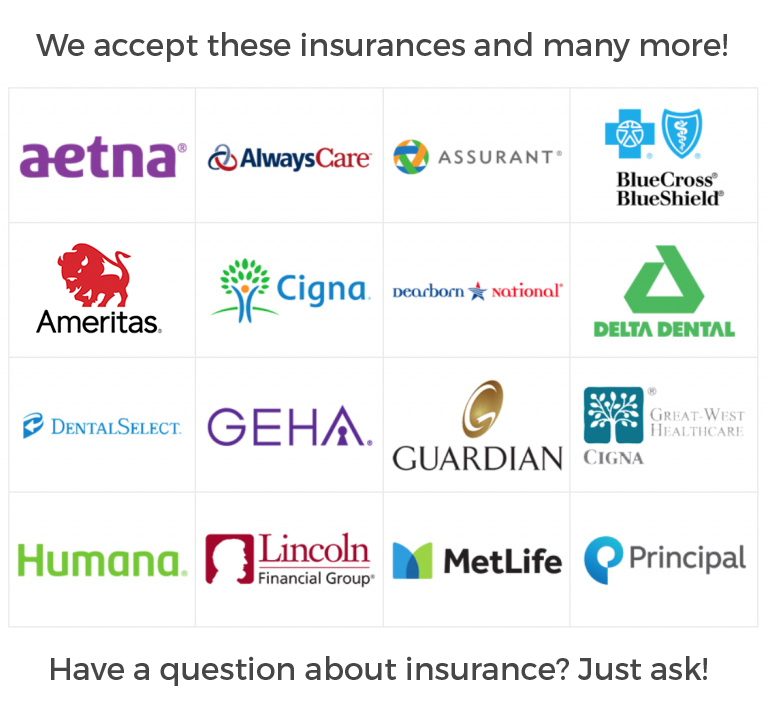Do I Have Sleep Apnea
Do I Have Sleep Apnea - San Francisco, CA
For many patients, treating sleep apnea can improve their overall quality of life. The condition can be obtrusive and affect you in both your sleeping and waking hours. Sleep apnea may be treatable through dental care.
Solutions for sleep apnea are available at Union Street Dental Care in San Francisco and the surrounding area. Maintaining your dental health can also benefit your sleep. We may be able to help. Call us today at (415) 922-3886 to schedule an appointment and learn more.
Understanding Sleep Apnea
Obstructive sleep apnea is a condition where patients have something blocking (or obstructing) part or all of their upper airway in their sleep, forcing the diaphragm and chest muscles to work harder to pull air into the lungs. This condition may cause the patient’s breathing to become very shallow or even briefly stop altogether. Eventually, when the patient begins to breathe again, it will be accompanied by a loud gasp, snort, or body jerk.
Many patients are not aware that they have this condition and may think they are only suffering from inadequate sleep. Dentists may be able to recognize and treat the signs of sleep apnea, as these symptoms often take a toll on the mouth and jaw.
Sleep Apnea and Other Sleep Disorders
There are several different types of sleep disorders. Each falls into six different categories: insomnias, hypersomnias, sleep-related breathing disorders, circadian rhythm sleep-wake disorders, parasomnias, and sleep movement disorders. While insomnia is a type of sleep disorder where the patient is unable to fall or stay asleep, hypersomnia is a group of sleep disorders that cause a patient to feel excessively sleepy.
Parasomnias are a group of sleep disorders that consist of having undesirable experiences while falling asleep, sleeping, or waking up. Sleep apnea can be an underlying cause of parasomnias, since intermittently losing breath inevitably puts stress on the body. The same can be said for circadian rhythm sleep-wake disorders (where the sleep times are out of alignment) and sleep movement disorders (where movement during or before sleep interferes with sleep). Sleep apnea itself is a sleep-related breathing disorder, where there is difficulty breathing during sleep.
Causes of Sleep Apnea
Many patients are surprised to learn about the link between sleep apnea and dental health. Often, the pauses in breathing associated with sleep apnea are caused by flaccid muscles in the back of the throat, a too-large tongue, or a too-small jaw. Tooth grinding, or bruxism, is the first sign of sleep apnea. This may cause tooth wear and breakage, along with inflamed and receding gums. Union Street Dental Care can conduct a thorough oral examination to determine whether or not a patient has sleep apnea.
Recognizing Sleep Apnea
Some groups may be more at risk of developing sleep apnea than others. Age, for instance, increases one’s chance of developing sleep apnea. The condition is also more common in younger men than in younger women. Unhealthy lifestyle habits, such as excessive alcohol consumption, smoking, and poor diet, may also contribute. Taking steps towards a healthier lifestyle may lessen an individual’s risk of developing sleep apnea.
Being able to recognize the signs of sleep apnea is crucial. Patients should watch out for sore throat upon waking, excessive daytime sleeping, restless sleep, decreased libido, waking during the night, high blood pressure, and gastroesophageal reflux disease (GERD). Children may also exhibit different symptoms of sleep apnea than adults. These may include bedwetting, choking, drooling, excessive nighttime sweatiness, learning and behavior issues, and problems at school.
Treating Sleep Apnea
Luckily, there are many different ways to treat sleep apnea including oral appliances. Patients who are good candidates for oral appliances must have impressions of their teeth and return for a fitting during a later appointment. It may be necessary for patients to have another sleep test while wearing the device to ensure its efficacy. Further office visits may be required to make adjustments. These devices are unobtrusive and easy to travel with, as they do not require any electricity.
Other options include continuous positive air pressure (CPAP) machines and surgery. These are more involved treatments that may benefit those with more severe cases of sleep apnea. Union Street Dental Care can help patients determine which treatment is right for them.
“Union Street Dental Care can help patients determine which treatment is right for them.”
Frequently Asked Questions
No. Snoring is very common. However, snoring that wakes you up in the middle of the night can be a sign of sleep apnea. Snoring associated with sleep apnea also tends to be deeper, louder, and more consistent. It may also be interrupted with gasps, choking, or pauses. Patients should see a doctor if they experience a combination of any of these symptoms.
The American Sleep Apnea Association estimates that over 20 million Americans suffer from sleep apnea. Furthermore, they estimate that as much as 80 percent of moderate and severe cases of obstructive sleep apnea are undiagnosed.
Unfortunately, no. However, there are many different ways you can minimize and manage the symptoms of sleep apnea.
Definition of Dental Terminology
Cosmetic dentistry is generally used to refer to any dental work that improves the appearance (though not necessarily the function) of a person’s teeth, gums and/or bite.
A dentist, also known as a dental surgeon, is a doctor who specializes in the diagnosis, prevention, and treatment of diseases and conditions of the oral cavity.
Tooth enamel is the protective visible outer surface of a tooth that contains the dentin and dental pulp.
Helpful Related Links
- American Dental Association (ADA). Glossary of Dental Terms. 2021
- American Academy of Cosmetic Dentistry® (AACD). Home Page. 2021
- WebMD. WebMD’s Oral Care Guide. 2021
About our business, license, and website security
- We accept the following payment methods: American Express, Cash, Check, Discover, MasterCard, and Visa
- We serve patients from the following counties: San Francisco County
- We serve patients from the following cities: Marina District, Pacific Heights, Russian Hill, Nob Hill and Chinatown
- CA (License #23496). View License Information and Specifics
- National Provider Identifier Database (1013924729). View NPI Registry Information
- Norton Safe Web. View Details
- Trend Micro Site Safety Center. View Details

Meet Your Award Winning Dentists

Stanley Dintcho, DDS

Eric Shapira, DDS, MA, MHA

Desmond Brian NG, DDS
The Proof is in Our Patients

MOST INSURANCES WELCOME AND MAXIMIZED!
Contact us and schedule your visit today.
Most Insurances Welcomed and Maximized
We’ll make the process of paying for your dental care as simple as possible! Our office accepts a wide variety of insurance plans, and we’re always happy to file your claim for you so that you can be sure to receive the maximum benefits available to you. Union Street Dental Care of San Francisco, CA is in network with Delta Dental, Cigna, Metlife, Aetna, Guardian, Ameritas, Principal, United Healthcare, United Concordia, Assurant, GEHA, Careington, Humana, TDA, BlueCross BlueShield and more! Call us today to find out how we can maximize your insurance plan!

| Monday | 8:30 AM – 6:00 PM |
| Tuesday | 8:30 AM – 6:00 PM |
| Wednesday | 8:30 AM – 6:00 PM |
| Thursday | 8:30 AM – 6:00 PM |
| Friday | CLOSED |
| Saturday | CLOSED |
| Sunday | CLOSED |
